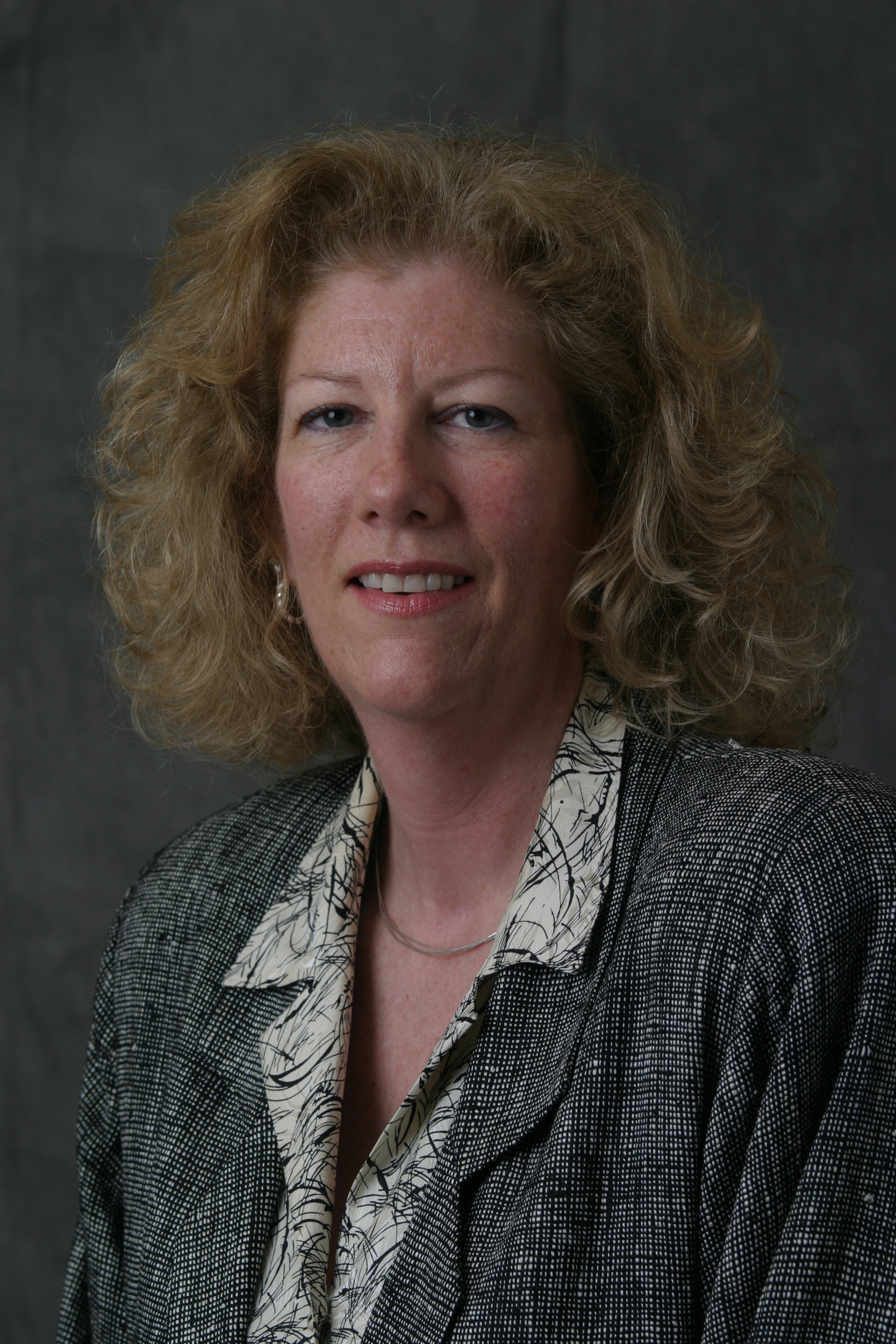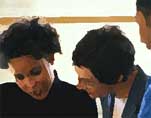Interview with Teresa WilsonPresidential Award for Elementary Science Teaching, 2004 |
 |
Terry Wilson had been working in the private sector until 10 years ago, when she decided to earn her master’s degree in special education and change careers. She began her career as a special education teacher and has since become a classroom teacher of fourth and fifth graders at the Myrtle H Stevens Elementary School in Rocky Hill, Connecticut. Terry has served in the role of grade-level coordinator at the school level, and at the state level, she consults to Connecticut’s Beginning Educator Support Training Program. She is currently enrolled in Central Connecticut State University’s Educational Leadership program. Terry was named 2001 Teacher of the Year by the district of Rocky Hill.
How did you get started in mentoring and coaching?
I’ve always been a person who looks to help others, and I am empathetic by nature. So, after earning a provisional educator certificate by going through the BEST Program—a two-year induction program for beginning classroom teachers that included submitting a portfolio—I couldn’t help but want to support other new teachers as they launch their teaching careers and prepare their portfolios for a score.
What advice would you give to a teacher who wants to become involved in mentoring or coaching?
Take advantage of opportunities! Mentors are always in demand. If opportunities aren’t readily available, don’t be afraid to seek them out. Model yourself after colleagues you’ve found to be knowledgeable and supportive, with a style that you can embrace. The State of Connecticut trains mentors as part of its BEST program. Other states may provide similar opportunities.
How do you juggle your teaching responsibilities with mentoring?
I’m passionate about teaching. Being a mentor is invigorating; there are so many new ideas out there, and working with new teachers exposes you to those new ideas. I don’t like getting into a rut, so actually mentoring invigorates my teaching, and vice versa. I also like the collegiality mentoring offers. It gives me opportunities to talk about the teaching and learning process that might not arise otherwise.
What activities does a mentor perform to help a mentee?
There isn’t a checklist or anything like that. You need to be flexible, open minded, to truly want dialogue. You need to be a good judge of what people are ready to hear. Being mentored is very personal. You are opening yourself up for judgment. That’s why I try to offer constructive criticism, to build from a teacher’s strengths. I benefit from having a lot of life experience, and I draw from it. I conference with new teachers in Connecticut whose portfolios have not met proficiency, and I ask them what kind of support they have had over the past couple years as they compiled their portfolios.
What advice would you give a mentee who doesn’t teach in your content area or grade level?
While it isn’t necessary, mentees seem to be more comfortable being mentored by someone who is at or near their grade level. It helps them feel understood.
What advice would you give to a mentee about articulating understandings about teaching and learning?
I’ve noticed that beginning teachers tend to focus on teaching skills in isolation, in not knowing how to focus their planning and their students’ learning on conceptual understanding. In Connecticut, we have a systematic approach to the teaching and learning process. We look at our learners and ask, What do you really want them to learn? You can help new teachers identify the behaviors and concepts they want to develop in their students and then analyze their lessons in terms of how those lessons will help their students develop those behaviors and understandings.
What advice would you give a mentee about handling difficult conversations and situations?
I try to gauge my approach to the mentee’s personality. I try to be gentle but direct. It’s not rocket science; it’s about empathy, about thinking what it might be like to be in their shoes.
What have you gotten, personally, from your mentoring experiences?
I enjoy the collegiality. I enjoy talking to my colleagues about the challenges mentoring offers me, and the rewards. I appreciate their constructive feedback. I keep up with the latest teaching materials and strategies, and I practice using my own failures to help others confront their own.
If you have questions you would like to ask Terry Wilson about her
experiences in mentoring and coaching, contact her at TerryW711@aol.com.

